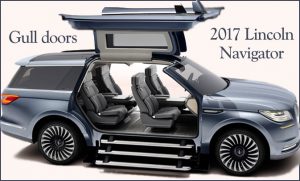The only safe way to use illegal fireworks is by not using them.
Nancy Blogin, President of the National Council on Fireworks Safety, urges consumers to not use illegal explosives or professional fireworks.
She says that in 2015 there were serious injuries caused by consumers using illegal explosives and/or professional fireworks.
Blogin cautions consumers to only purchase legal consumer fireworks from authorized stores or stands, and to never buy fireworks from individuals, or from vendors in back alleys or operating out of their house.
Blogin also challenges consumers to educate themselves on the safe and responsible use of consumer fireworks.
If you are at a party where consumer fireworks are being shot, make sure that there is a designated shooter who has not been drinking any alcohol and that the fireworks are being used responsibly.
More safety tips:
* Only use fireworks outdoors and in an area free of overhead obstructions and away from dry grass or other flammable materials.
* Obey all local laws regarding the use of fireworks.
* Never give fireworks or flaming sparklers to young children.
* Wear safety glasses when shooting fireworks.
* Always have a bucket of water, and charged water hose, nearby.
* Dispose of a spent product by wetting it down and placing it in a metal trash container where it will stay until morning, and one that is away from any building or combustible materials.
The National Council on Fireworks Safety is a 501(c)(3) charitable organization whose sole mission is to educate the public on the safe and responsible use of consumer fireworks.
The Fourth of July is the nation’s primary day for using fireworks. The second most popular day is New Year’s Eve.








































